The socially savvy mezzo supports many causes, but after the Paris attacks she’s decided to go on the record.

Joyce DiDonato has never been one to ignore an issue. In the past, the Kansas-born mezzo has campaigned against homophobic bullying in schools, played the Stonewall Inn to honour hate-crime victims, and last month she sang for young offenders at Chicago Correctional Facility. Until now, she’s tended to divide her social crusading from her recording career, though a glance at rarities on recent albums shows she never plays exactly safe. That was before the Paris attacks.
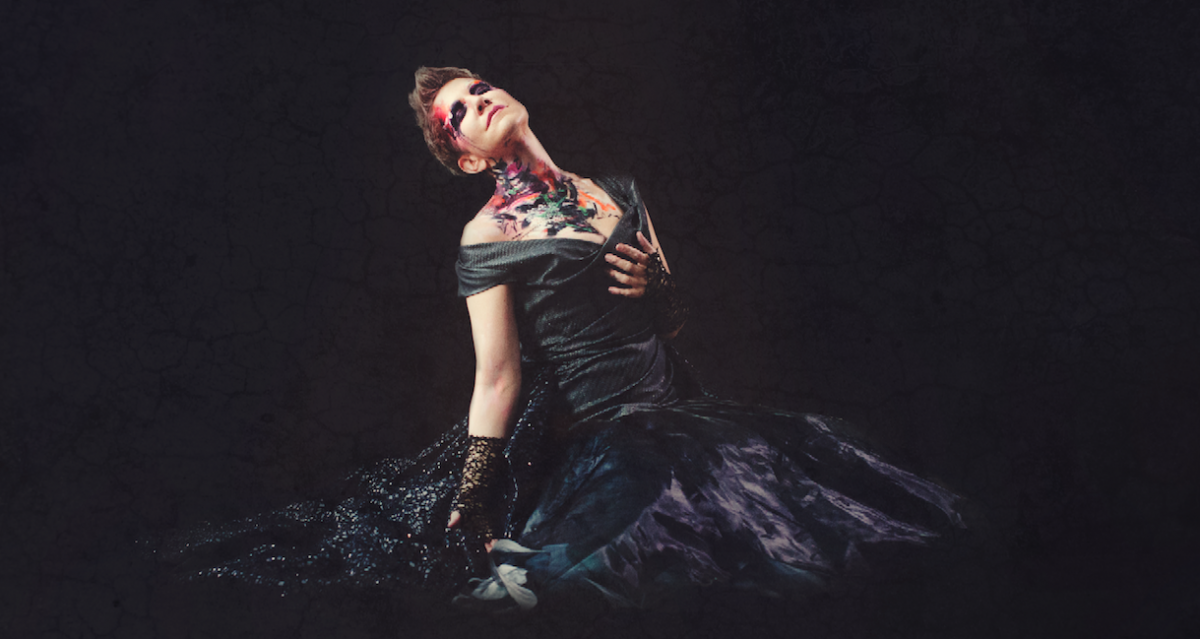 Joyce DiDonato. All photos by Brooke Shaden
Joyce DiDonato. All photos by Brooke Shaden
Back in November 2015, DiDonato was at home painstakingly sifting through obscure baroque arias by the likes of Niccolò Jomelli and Leonardo Leo. Her new project should have complemented her acclaimed Stella di Napoli, an album reclaiming forgotten repertoire from the Neapolitan bel canto. Then, on November 13, a series of bomb blasts rocked the French capital and brought the ill wind of international terrorism whistling into her Kansas City music room.
“I think when you’re reading Twitter and Facebook and you see people you know in panic, or when they’re writing ‘I’m safe in Paris’, then that strikes very close to home,” she explains, her voice sounding affected even now as we chat over Skype. “Each time something happens you think ‘I can’t take anymore’ or ‘when is it going to end?’, and then another one comes.”
From that point on, the task of wading through a stack of unknown arias felt hollow. “And then, from the pile of my own music, Dido majestically appeared. And then Sesto, in his war-torn desperation; and then the prisoner Almirena’s haunting Lascia ch’io pianga emerged, almost begging to be heard,” DiDonato writes on her website. “Don’t shout at me,” she said to her record label, “but I need to change the project.” And so In War and Peace was born, an album in two halves – the first focusing on conflict and trauma, the second on healing and harmony – that aims to answer the question: How in the midst of chaos do you find peace?
“You know, there’s a Victor Frankl quote, which I love and has been a guide to me on this project,” she explains. “He was a philosopher and a Holocaust survivor, and he wrote a very famous book, Man’s Search for Meaning, coming out of Auschwitz. I’m paraphrasing, but he said, ‘Between stimulus and response there is a space. In that space is our power to choose, and in our response lies our growth and our freedom’. We always have that split second to make a choice between joining the chaos and the turmoil, or to detach a little bit, step away, and go towards serenity – to a tranquil place.”
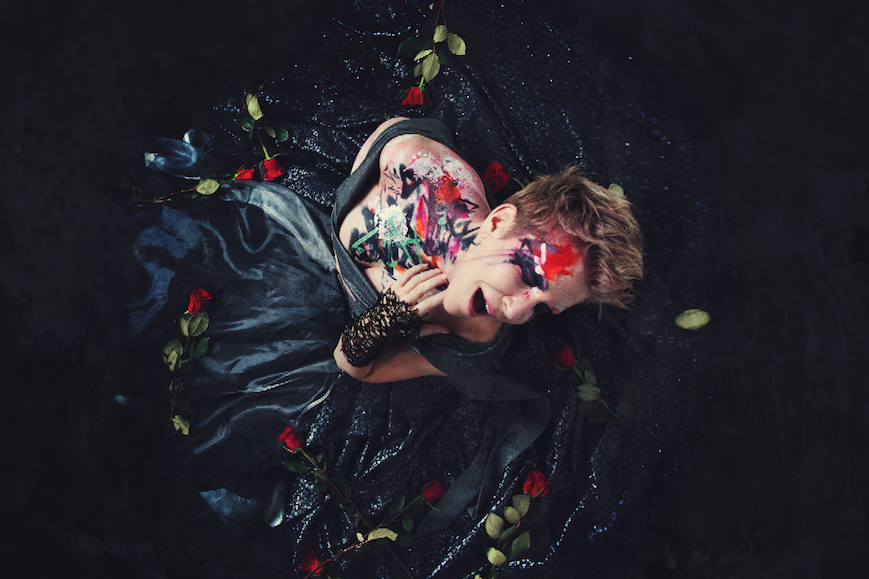
The new album opens with Storge’s gripping Scenes of horror, from Handel’s Jephtha – the panicked cry of a mother living in a warzone and afraid for her child. “At the beginning, I think it’s very important that I show the absolute darkness, and the war if you will, which can involve immense turmoil and trauma,” she admits. The following aria, from Leonardo Leo’s little-known Andromaca, is an extraordinary discovery. Hector’s widow here is playing a very high stakes game by telling a soldier to kill her child in the hope that he won’t.
“I had a stack of 60 arias for the original project – there were a lot of notes!” she laughs, “but when I saw this one, I thought… well, it feels quite schizophrenic, which I love. It’s psychotic and manipulative, and the language is quite grotesque! It fits in amazingly with the war side of things because the project’s not just about military war. It’s also about internal war and conflict within yourself, and boy, this one fits the bill. We did two little try out concerts in Versailles and Antwerp and the audiences were literally pinned to the backs of their seats.”
Typically, despite including some of the Baroque’s greatest hits – When I am Laid in Earth, Cara speme and Crystal streams in murmurs flowing – DiDonato still finds room for the unexpected, and this one’s a doozy. “This is what I love,” she enthuses. “You’re presenting music that’s utterly new for today. Nobody knows this piece except for art historians in a library somewhere. I think it’s a gift to the listener and it’s lovely that a classical music disc can still surprise. I always try and find that element for my projects.”
The war section includes a marvelous internally conflicted piece from Handel’s Agrippina (Pensieri, voi mi tormentate), Sesto’s anguished Svegliatevi nel core from Giulio Cesare and the valedictory Dido’s Lament, an aria you could say that comes with baggage. “I try not to think so much about the recorded history of it all,” she admits. “You’re dead on the starting block if you do that. I didn’t prepare it any differently, or give it any more weight than the other Purcell pieces. I think about the character, what has just happened, the text and the music. And I work with the orchestra to find a common language. It simply becomes about telling the story. And I’d like to consider every piece on the album a masterpiece.”
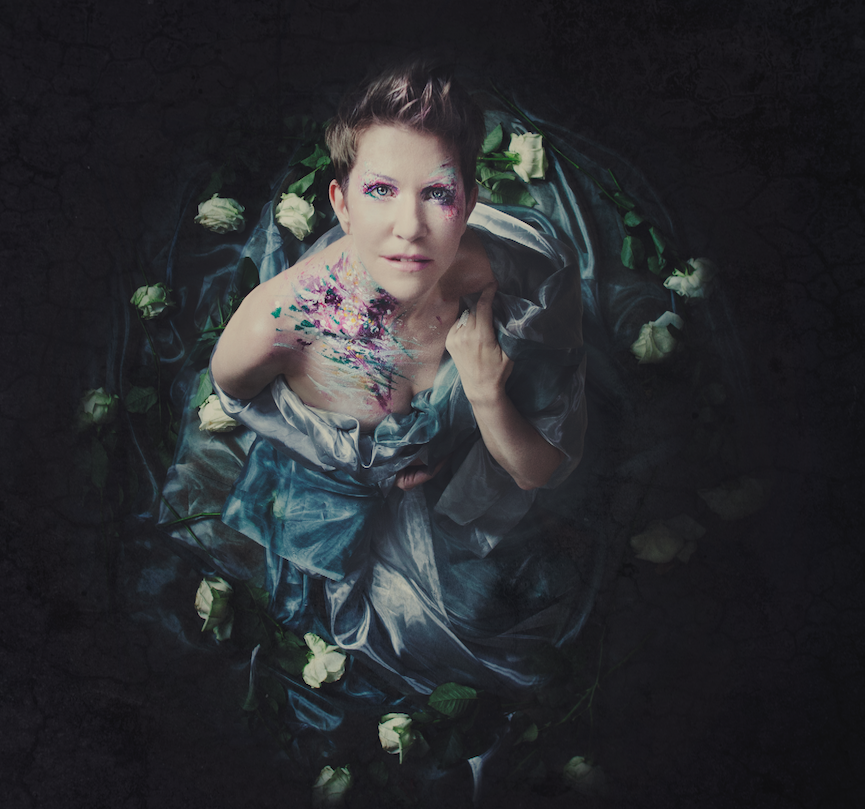
In the second part comes what DiDonato describes as a surrender, a yearning for peace, the acquisition of peace, and finally a triumph. There are pastoral gems from Handel’s Susanna and his Rinaldo, some more Purcell – a composer to whom DiDonato says she’s now addicted – and a couple of real finds from Jomelli’s Attilio Regolo (hands up if you know the plot of that one?) “I’m doing that ideal arc through the album,” she says. “Oftentimes music is that source of tranquility and peace for people. It’s how they escape. Music gives you that chance to take a deep breath and bypass the head that is usually spinning out of control. Not to sound too crazy about it, but it goes to the heart. And if something is going to the heart, it gives you a chance to be more receptive to something that is calming and serene.”
More provocatively, DiDonato maintains that music can threaten the status quo, though she prefers not to be too specific. “It’s a little tricky because I have tried to tell myself that I won’t get political,” she confesses. “But I think we can all agree right now that the world is in a bit of a mess and a state of division. There’s a lot of intolerance. I would love for people to listen to this album and go inward a little bit and – I know this is so idealistic – see if they can’t just find peace within.”
“This is so Deepak Chopra of me,” she laughs, “but if an individual starts by contemplating how that peace can stretch longer in the day, or stretch into tomorrow, or into their marriage, or into their relationship with their kids, I really believe that is the way toward peace in the world. I know that’s terribly idealistic, but so is the music of Purcell and Handel!”
DiDonato was one of the first classical artists to embrace social media (@JoyceDiDonato currently has an impressive 36.6k followers) and the album comes complete with its own hashtag #talkpeace. Listeners are encouraged to use it when offering their thoughts on ways to find peace and harmony through music. “I have very modest expectations about that,” she admits. “But it’s a proven scientific point that what you draw attention to is what grows. And where you put your energy, things follow. I’m just trying to switch the vocabulary from ‘Oh my God, the world’s a mess!’ and say ‘But what does peace look like? Right now, right here?’ It’s my little quote-unquote “war on war!”
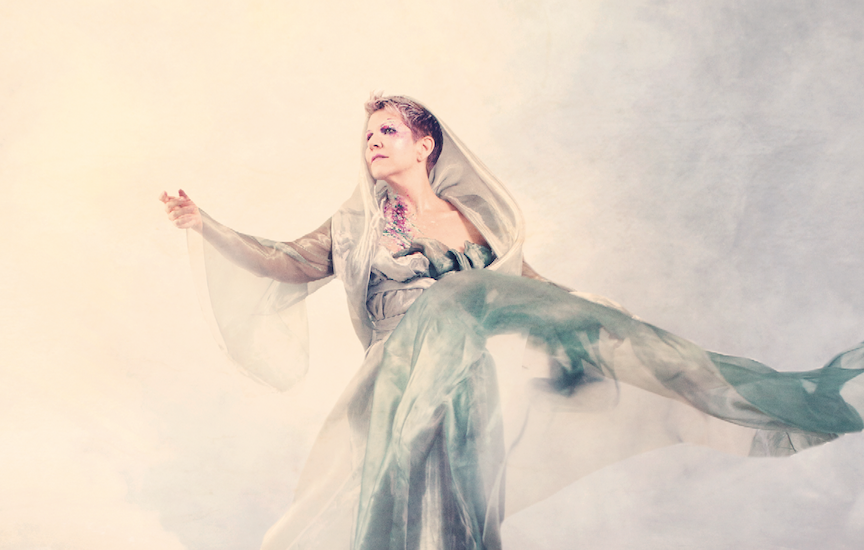
Friends and contacts, from Patrick Stewart (who wrote back immediately) to Supreme Court Justice (and opera lover) Ruth Bader Ginsburg, have already started offering suggestions, and DiDonato has received submissions from many she has encountered in her day to day life – from a Rwandan fighter to a British Sufi taxi driver. “When surrounded by chaos, I see people in need and then I find myself among the most fortunate, blessed people,” wrote an Indian boy attending a school for children with leprosy.
The release of the album kicks off a world tour whose penultimate concert will be in Paris. Is she ready for that? “Absolutely. A thousand percent,” she says. “But the truth is I don’t know too many corners of the world that are not affected by this right now. We start in Brussels, also a site of a recent attack, and we’re going to London, and Dublin. We are all united on this, or divided. It’s time for everyone to be thinking ‘Can I shut off the news for five minutes? Can I find a little bit of peace in my life?’ I think it’s a message that every city and every person needs to consider right here and now.”
Joyce DiDonato’s In War and Peace is out now on Erato and available on CD, 2LP and Download. The LP, iTunes and Apple Music versions contain the bonus track: Handel, Giulio Cesare: Figlio non e’… Cara Speme




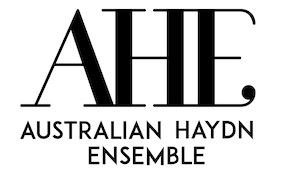









Comments
Log in to join the conversation.